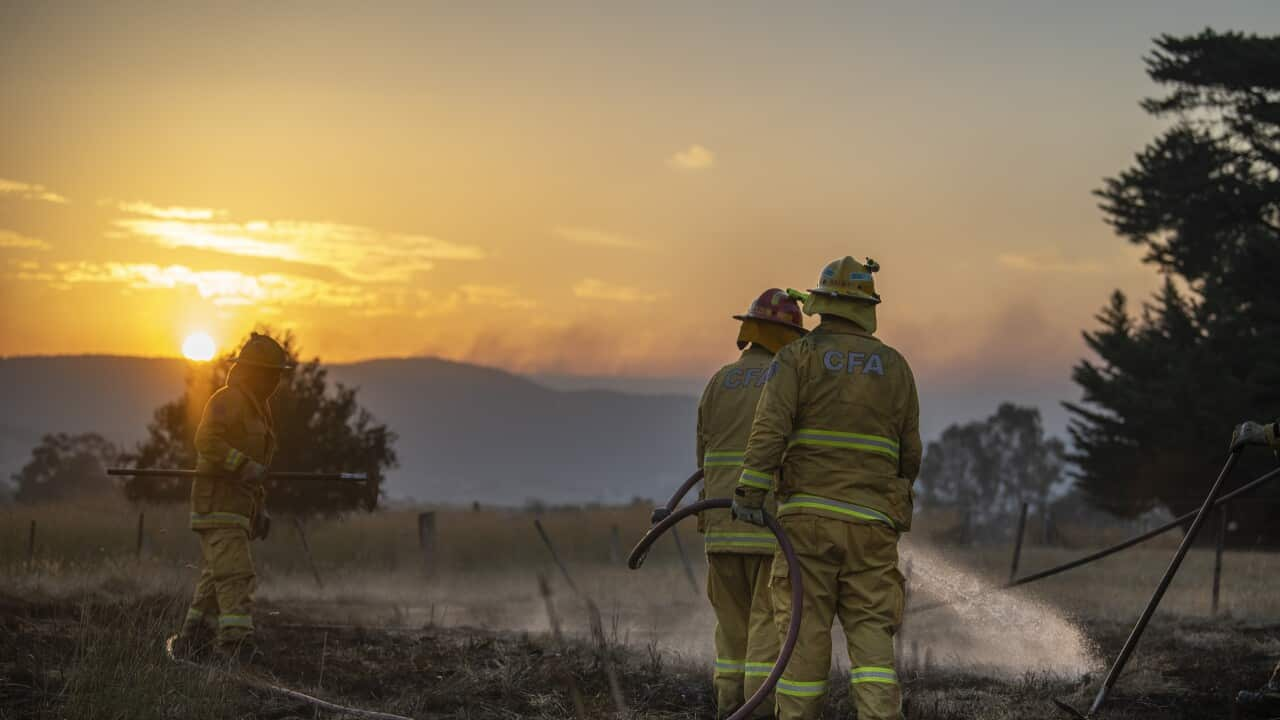Highlights
- Biosecurity officers inspect declared goods and decide whether the goods can safely enter the country or require treatment, export, or destruction.
- Australia is free of animal diseases such as foot-and-mouth disease, avian influenza H5N and African swine fever.
- Foods, including dairy products, cakes, honey, and seafood are subject to inspection, commodities like rice, pulses and crop seeds are generally restricted from entering the country for private use.
Australia has strict biosecurity laws and procedures to ensure that goods entering our borders do not harm our unique environment and agricultural industries.
The Department of Agriculture, Water and the Environment regulates products imported into the country through the Biosecurity Import Conditions system (BICON).
Listen to the Podcast
Alan Self, the Operations Manager at Brisbane Airport, says it is a traveller’s responsibility to know about what they can and cannot bring into the country, and comply with the department's import conditions.
When arriving from overseas, all passengers must complete an Incoming Passenger Card, declaring any goods that may pose a biosecurity risk like food, animal products and plant material, including wooden articles.
"Fresh fruit could bring in live insects or plant diseases that we don't have. Just to give you an example, a piece of fruit that entered into Queensland a number of years ago brought in the papaya fruit fly, and in one year alone, it was 20 million dollars’ worth of loss export to the Queensland economy through the introduction of that particular pest just in mango exports to Japan alone. So, it's really important that those kinds of products don't come into Australia unless they are allowed to under special permission."




